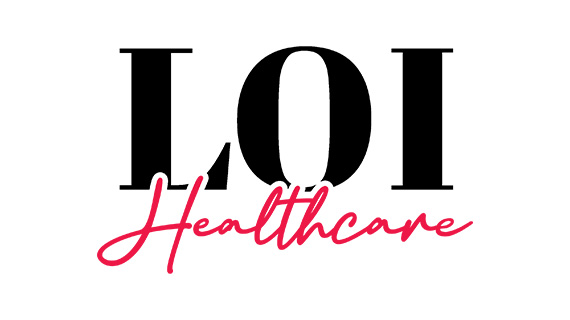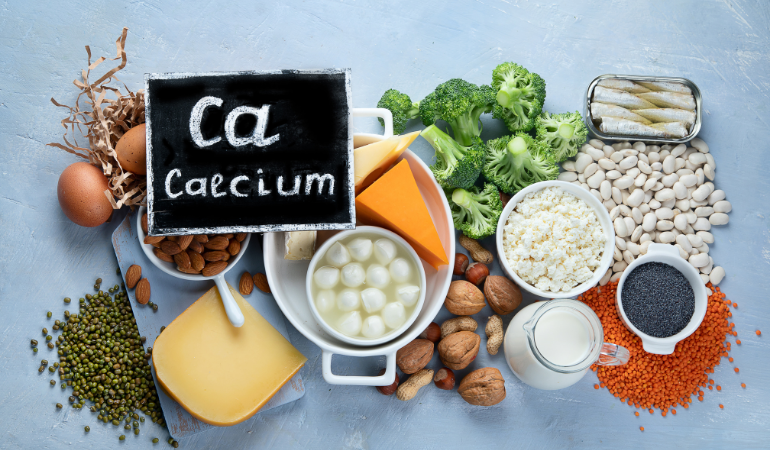Calcium
What is Calcium?
Calcium is a type of mineral that is one of the micronutrients needed for the continuation of life in all living things and humans. Calcium, which has a vital role in bone health, cannot be produced in the body, it is taken from outside with food and stored in the bone. A very large part of all bones and teeth in the body is made up of the mineral calcium. While 99% of the calcium in the body is located in the bones, the remaining 1% is distributed in the muscles, blood, and other tissues of the body.
The need for calcium in the human body is primarily met by calcium taken from food. In cases where this is not enough, the needed calcium is withdrawn from the calcium stores in the bones. In case of insufficient calcium intake, the withdrawal of calcium from the bones causes the bone structure to deteriorate, turning into an unhealthy and fragile structure. Therefore, when calcium intake is insufficient for a long time, bone and joint diseases may become inevitable.
What Does Calcium Do?
It creates the natural structure of the bones and ensures that the bone density is maintained and the bones are strong and solid.
Calcium, which is involved in muscle contraction, is released in the muscle stimulated by a nerve, allowing muscle proteins to perform the contractile task. When the contraction task is over, the muscle relaxes and returns to its original state thanks to the calcium mineral pumped out of the muscle. At the same time, calcium plays a role in intracellular and extracellular signaling pathways in all cells except muscle cells.
It plays an important role in the functioning of the heart muscle as it should, and therefore in the protection of heart health.
It takes part in balancing the blood pressure (blood pressure) by providing relaxation of the smooth muscles surrounding the blood vessels. In this way, it helps to prevent high blood pressure (hypertension). It contributes to reducing the possibility of low blood pressure during youth and high blood pressure and related complications during pregnancy. Especially during pregnancy, meeting the need for calcium is important for preventing high blood pressure.
It has various functions in the mechanisms of blood coagulation.
Symptoms of Low Calcium
The symptoms of low calcium that can be seen due to this condition, also called hypocalcemia, include:
- Problems such as muscle cramps and muscle weakness
- Numbness, tingling, and chills in the fingers
- Heart rate disorders
- Anorexia
- Concentration and memory problems
- Easy breakage of bones, weakening of hair and nails
- In advanced deficiencies, osteoporosis (bone loss) and osteopenia (decrease in bone density) problems and complications may develop due to this.
Symptoms of High Calcium
It is called hypercalcemia; the following can be included:
- Frequent urination and drinking water
- Tiredness
- Bone pains
- Nausea and vomiting
- Constipation
- Concentration and memory problems
- Muscle aches, cramps, and spasms
What is the Calcium Requirement?
A certain amount of calcium must be taken daily in order to maintain the calcium stores in the body and to carry out the physiological processes in a healthy way. This amount, which can also be defined as the calcium requirement, is 1000 mg per day for adult women between the ages of 19-50 and adult men between the ages of 19-70. In women aged 51 and over and men aged 71 and over, the daily recommended intake level is 1200 mg due to the increased need for calcium due to menopause and andropause. The recommended daily intake for pregnant and lactating women is in the range of 1000-1300 mg, with a minimum of 1000 mg. For individuals aged 9-18, the recommended daily intake is 1300 mg.


